Cosmology and Buddhist Thought
The following interview with Dr. Neil deGrasse Tyson took place in his office on May 26, 2011.
Dr. Tyson is the Frederick P. Rose Director of the Hayden Planetarium at the Rose Center for Earth and Space and a research associate in the department of astrophysics at the American Museum of Natural History in New York City.
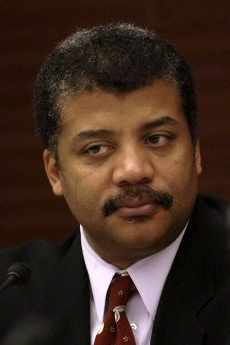
He is also quite a television celebrity because of his appearances in Origins, The Universe, Through the Wormhole, NOVA, Cosmos: A Personal Journey (Carl Sagan), and in other scientific venues.
The half-hour interview turned into an hour and six minutes. Here is the first part of the interview. Parts 2-7 follow with links below.
My questions and comments are in bold. Dr. Tyson’s answers are not.
Text in [brackets] are editor’s notes. They explain and/or clarify the text of the interview.
Interview with Dr. Neil deGrasse Tyson – Part 1
So there’s a story involved. Of course, everybody has a story. Not only did I study physics in the 60s at the University of Chicago and Washington University. Nothing really clicked. And I didn’t get a PhD in Physics. I eventually got one in Computer Science. And in recent years I’ve been studying the teachings of the Buddha. And you said…?
Twenty five. So I met this Vietnamese teacher named Thich Nhat Hanh.
He was pretty well known for having made fantastic efforts to stop the war in Vietnam and he was nominated by Dr. Martin Luther King for the Nobel Peace Prize. But he did not get it but it doesn’t matter. He doesn’t care. I care but he doesn’t.
And I struck up a friendship with him, learned a lot from him over the years.
And about four years ago, five years ago, it might have been, I caught one of the episodes of The Universe. And you were on it and also Alex Filippenko was on it. And I was intrigued.
And I also saw Origins and I was very much intrigued because I’m interested in the connection between life and the universe and between the teachings of the Buddha and the teachings of cosmology.
Because I think there is a lot of overlap. Even though the teachings of the Buddha are not quantitative and they don’t really ask questions that don’t have an easy answer because it’s more about practice.
It’s more about what can you use to be a better person to live a compassionate life to understand what people have to say and to enjoy your life fully in the present moment.
So that started me off on a little crusade to investigate the nature of the universe from the point of view of cosmology. And then tie in it to include Buddhist stuff.
So about two years ago I started emailing Alex Filippenko and he emailed me back and I watched one of his Learning Company videos. Teaching Company.
Teaching Company yeah.
On one of them, he was talking about tennis. Well I’m an avid tennis player. I play like three or four times a week. So figured uh, a connection.
But then later he talked about Japanese food. And my favorite Japanese restaurant is Berkeley where you know he’s the professor there.
So I wrote him again and he gave a lecture last year in Los Altos at one of the colleges. And I went and I met him and we talked for 10 minutes.
And then I went to SETIcon in August with my friend, and we had a great time. Where was that?
SETIcon was in San Jose. Do you ever go to those? No.
So I’ve kind of been stalking Alex Filippenko a little bit to see if I can entice him into a Japanese meal or for getting him in a game of tennis, but that hasn’t come to fruition yet.
No, I’m still very fascinated by the connections that I have not discovered, that have always been there that I’ve thought about of times of relating this stuff through Buddhist thought and cosmology. So you come in as a cosmologist or astronomer, however, I’m not sure how you call it. Astrophysicist.
Astrophysicist. Yeah, that’s what you say on TV. And I thought I might introduce you to some of the thoughts that I’ve been having to see what you have to say about them. Okay. And towards what end is all of this?
Oh, see I maintain a website on Buddhist thought called Mountain Sangha, which is a group of people that I meditate with on a regular basis. And I’m trying to write an article about the relationship between Buddha thought and cosmology and gathering material. An article for the website.
For the website. And there’s also quite a number of Buddhist journals that I would try to publish it in before I’d make it publicly available on the website. Because I need to see the subject better.
Many Buddhists would be interested in if they knew that there was something there.
I don’t think there are too many physicists who became Buddhists and visa versa. I know a couple.
Do you? Yes, I know at least one.
Someone in fact with my same last name, Tyson, Tony Tyson.
Oh really. And where is he?
I don’t know where he’s lately. His career was spent in Bell Laboratories. I think he went to California.
Tony Tyson. Tony Tyson yeah. There are only two Tyson’s in the US.
Origins and the Goldilocks Zone
So I guess a good starting point is to just consider Origins.
Now for the lives developed on their life and what happened is kind of miraculous in a lot of ways until we really unraveled all of the secrets of what it takes to create life. And that, the first principles there… So the people who say what they don’t understand, those will call that a miracle are not likely to be the ones to discover how it works.
Yes. I just want to alert you to this.
I agree with that. So to say it’s a miracle, you don’t understand it. I’m saying it’s an interesting problem that we’re working on. I don’t think it was a miracle.
I like that way of thinking. Just letting you know.
Yeah, that’s perfect. That’s exactly the kind of insight that I’m looking to get out of this interview.
Uh huh.
So with life you have the mechanisms for survival and the mechanisms for reproduction. And then you have human beings who came along and they have something else.
There seems to be, we seem to have something else going for us because we recognize happiness and suffering. And as the Dalai Lama says, everybody wants to avoid suffering and to have happiness.
And that’s another motivating factor in life. So that is true in non-human life forms as well.
Yeah, probably you’re right, yeah. You’re most certainly not unique among humans. And any animal that feels pain wants to avoid suffering. So if you attempt to inflict pain on an animal they will resist you. That’s the avoidance of suffering.
And most mammals particularly in their infancy enjoy playing. So any understanding of animal behavior would make a value on happiness. So to say humans come along and you have something different is a culturally biased assessment of the role of humans on this planet.
Okay, I buy that. And it’s ramped in much literature where there’s an attempt to distinguish humans from other animals, where if we go far enough back in time earth from other places in the universe. Of course, earth is doing all it can to try and kill us.
So we sweep that under the rug and say, “Oh, earth is a haven.”
So there’s a reality check that is not often enough for us to bear. Or in many philosophies that like to think of humans as something a part or different from the rest of the animal kingdom.
Yes, I totally agree. I interrupt. Sorry
No, that’s good. I like it. That’s the important thing. It’s like people who rattle on and on and on without letting somebody interrupt miss a lot… Well this is New York so many interruptions are welcome, correct.
So when you think about life and think about Origins like your wonderful presentation. And then you wonder about the place of the earth and the universe. And we’re in this Goldilocks zone between being too close to a star, it will burn up and if too far away from the star, if they’re ready to be no water, no ice or maybe nothing to support to life. It’s a liquid water issue.
Yes. So life as we know it, requires liquid water. And the Goldilocks zone operates on that premise. Some other life that we would come about would require liquid water as well.
So that involves a bias that we’re self aware of but there are other zones for example ammonia has a different Goldilocks zone than water does. And it’s a fluid and it can carry nutrients.
And so one could ask if you open your mind to possibilities beyond what we are, perhaps there could be life that thrives on ammonia.
Or liquid methane. So liquid water, liquid methane, exactly. Liquid methane, it moons of Titan – one of the moons of Saturn. So you can say we’re in the Goldilocks zone and we can define all the things that make that special for us. But it could be in fact hostile for some other creature.
For sure. Yes the Andromeda Strain movie comes to mind. Sure.
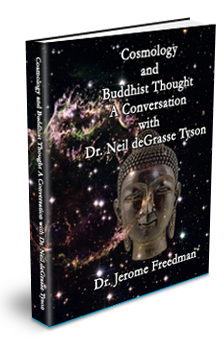

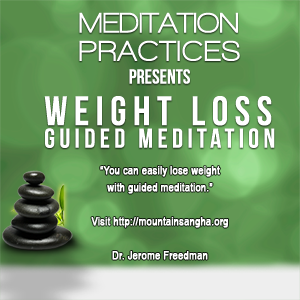

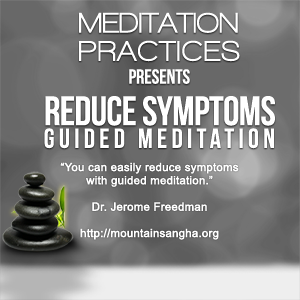


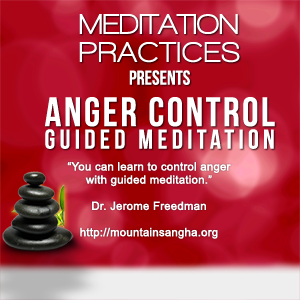


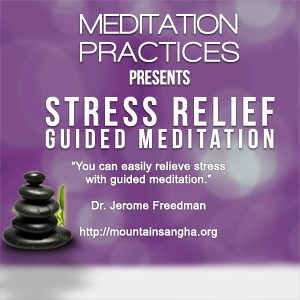

[…] from the full conversation (which you can read or order a copy of on Freedman’s website, here). Read on for Tyson’s thoughts on the Buddhist ideas of interconnectedness and impermanence, […]